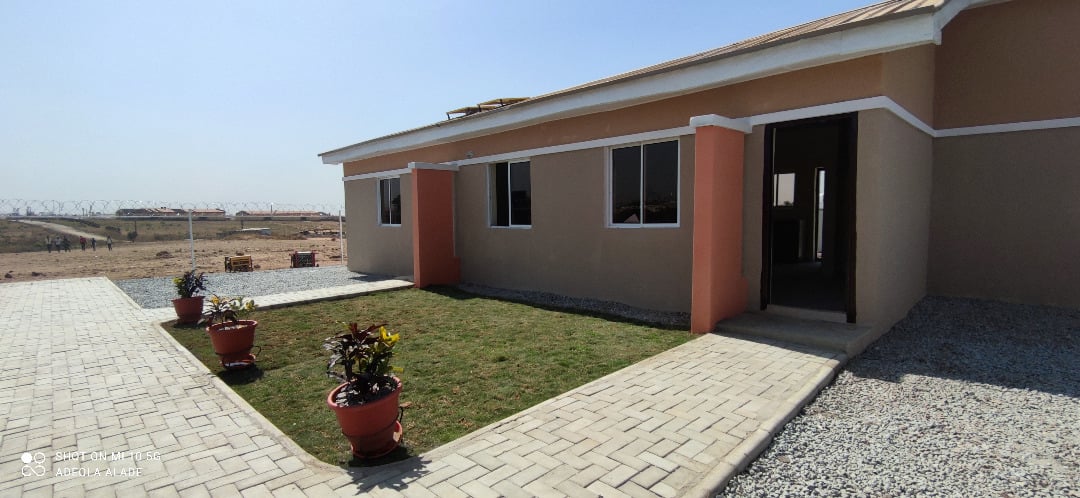To commence the implementation of its mass housing scheme, the federal government on Wednesday unveiled a prototype of the houses it will offer to low-income earners.
The scheme launched under the National Social Housing Plan (NSHP) is targeting 300,000 houses across the country.
On Monday, Laolu Akande, spokesman of Vice-President Yemi Osinbajo, said about 20 states have indicated interest in participating in the scheme.
Speaking at the unveiling of the prototype and launch of an online portal in Abuja, Femi Adewole, managing director of the Family Homes Funds, said one-bedroom and two-bedroom apartments under the scheme could be purchased for N1.4 million and N1.8 million respectively.
Advertisement
Adewole said citizens could pay as low as N8,000 per month to purchase the houses.
“We will be introducing you to the sample homes we have built each costing N1.4 million and N1.8 million for the one-bedroom and two-bedroom units respectively. As these are just samples they exclude financing and infrastructure costs,” he said.
“One of the key elements of that Economic Sustainability Plan is mass housing. And the mass housing programme provides over 300,000 homes priced as low as N2 million.
Advertisement
“We needed to prove to our customers that it is possible to build a house for N2 million. It has a significant impact, we expect that this project will create about 1.8 million jobs.
“People who will have the opportunity to participate in the project would earn a minimum of N75,000 a month as labourers.”
On his part, Aliyu Wamakko, president of the Real Estate Developers Association of Nigeria (REDAN), said the scheme will reduce the country’s housing deficit.
“In addition, it will create massive employment for the citizenry, as housing is not just about shelter provision, but a veritable tool for economic development,” Wamakko said.
Advertisement
“This is really applaudable as the beneficiaries of this housing scheme are those in the lower financial income bracket who need the houses most.”
Add a comment







